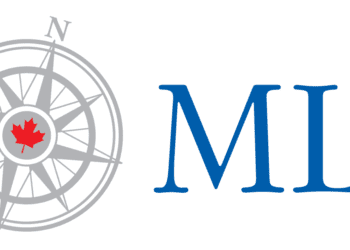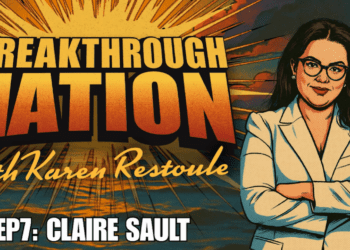Writing in the National Post, Ken Coates and Bill Morrison argue the province of Ontario is creating a university space oversupply by encouraging municipalities to host satellite campuses.
The authors say this may be a good economic development strategy for mayors but is bad policy for a province with many universities that are struggling to enrol students and whose post-secondary graduates are already finding it difficult to get work
By Ken Coates and Bill Morrison
Having driven the Green Economy bus off the cliff, the government of Ontario seems determined to do the same with post-secondary education. Over the past few years, the government has dangled a tasty carrot in front of mayors across the province: Partner up with an existing university, polytechnic institute or college, come up with a plan for a new post-secondary education program and you will be eligible for a campus in your own home town.
In other words, municipalities are being asked to come up with an idea and the government is pledging to foot the bill. Whether or not any particular town has enough suitable students or a healthy enough job market to hire potential graduates is besides the point.
One can hardly blame mayors and city councils for rising to the government’s bait. What politician wouldn’t? Post-secondary institutions are good money-spinners. Local kids get to stay at home, saving money and keeping the cash in the regional economy. The professors and support staff bring in nice salaries, and there will be fancy new buildings that could revitalize the downtown or spruce up the suburbs. The result is that mayors and post-secondary presidents are hard at work creating dream partnerships with the goal of attracting the government’s eye — and money.
There have been several of these schemes proposed already. The latest is the recently announced partnership between the University of Ottawa and the city of Woodstock, Ont., population 38,000, for a campus to meet “the French language postsecondary education access gap in Central Southwestern Ontario.” Is there a big local or regional demand for such a program? This is a community where 95.9% of the population speaks only English at home, and 0.4% only French, but residents who want to be educated in French could always go to Glendon College or Laurentian University, where there appears to be room, or even the University of Ottawa itself. But that wouldn’t create jobs in Woodstock.
Enough of this nonsense. Ontario has lots of space for well-qualified and motivated students at existing institutions. Yes, there may be shortages in the Greater Toronto Area, but why build new ones in Toronto, Woodstock, Barrie or Milton, when there are fine universities struggling to find students in Windsor, Thunder Bay, North Bay, Peterborough and almost every non-metropolitan area in the province? Having students move to continue their studies is a good form of province building; erecting universities simply to boost the local economy is not good for anyone, except realtors and the construction industry.
Throughout all of the debate over the location of new institutions, precious little has been said about the demand for their graduates. Check out the statistics: For close to half of all of those who start their studies, the university experience ends with a less-than-happy outcome. Between 10% and 30% of students who start university, do not complete their degree. We have also seen high levels of underemployment after graduation, depending on the institution and the degree. The worst current example is teaching. In Ontario in 2010, 68% of teaching graduates were either underemployed or unemployed.
And Ontario wants to create more spaces, a strategy that will produce several predictable outcomes: The number of weaker students allowed into the province’s universities will increase, as will drop-out rates, the supply of university graduates will grow substantially over time, there will be more small-town universities starved of students (how many students will come to Woodstock to take courses in French? Does anyone know?) and the wages and job opportunities for all university graduates, save for those with market sensitive degrees, will fall.
There are alternatives, ones that the government of Ontario is likely to reject: Make universities into real centres of excellence and achievement, not open-entry institutions; stop paying for universities based on student enrolment, a strategy that encourages and increasingly requires institutions to accept thousands of students at academic risk; allow community colleges, as they do in British Columbia, to offer low cost, entry-level university courses closer to home for the students who have not yet proven their ability to flourish academically; allow tuition fees to rise and provide better financial support to those students in serious need, including offering funds so that more of these young adults can attend the existing universities in smaller communities; stop building new campuses until all the existing ones are full with well qualified students; and build on the province’s excellent polytechs and get away from the idea that universities are the top form of career preparation.
Stop using universities as political gifts and start preparing students for the demands of a 21st-century economy.
Ken Coates is a senior fellow at the Macdonald-Laurier Institute and Canada research chair in regional innovation at the Johnson-Shoyama Graduate School of Public Policy. Bill Morrison is professor emeritus, University of Northern British Columbia.




